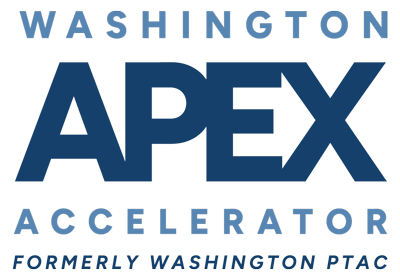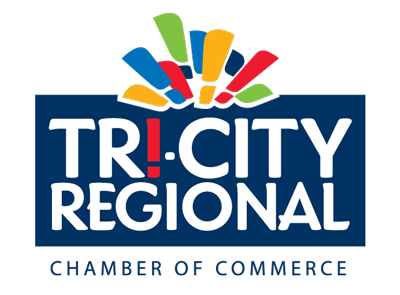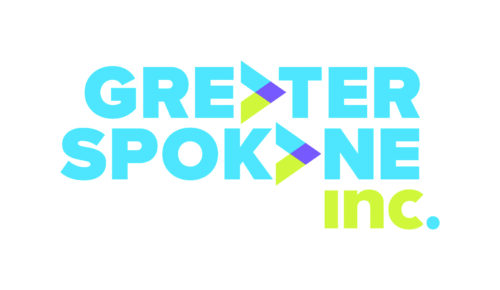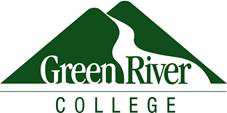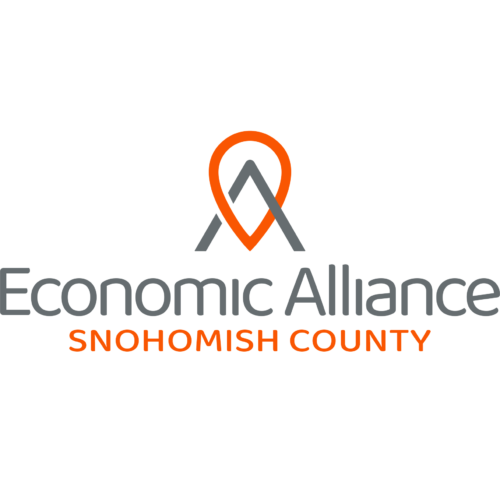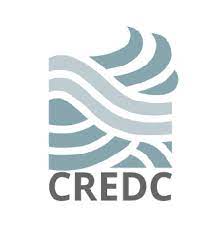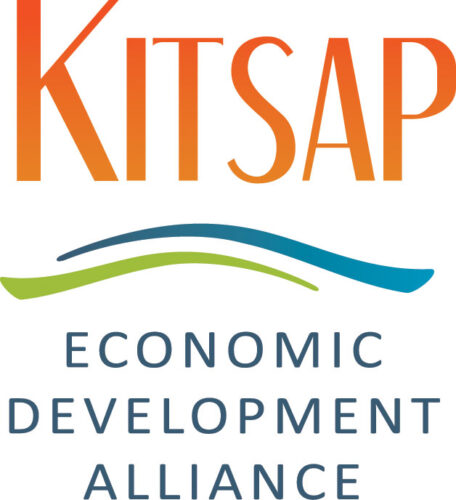Beginning October 15, 2020, the U.S. Small Business Administration (“SBA”), implementing the 2015 National Defense Authorization Act (“NDAA”), will begin requiring women-owned small businesses (“WOSBs”) and economically disadvantaged WOSBs (“EDWOSBs”) to undergo a formal certification process to be eligible under the Procurement Program for Women-Owned Small Business Concerns (the “Program”). Thus, WOSBs and EDWOSBs no longer will be allowed to self-certify that they meet the Program requirements to compete for set-aside or sole source contracts, as has been the case for the last few decades. Instead, WOSBs and EDWOSBs now must apply for a formal government-issued certification at https://beta.certify.sba.gov/, which includes creating an account and uploading the necessary paperwork to establish eligibility. 13 C.F.R. Subpart C (§§ 127.300 – 127.356).
Annually, the government aims to award 5% of its contracting dollars to WOSBs. And, as we discussed previously, in FY 2019 the government exceeded that goal, awarding $26 billion in WOSB prime contracts. The new certification requirements aim to give SBA more oversight over WOSB and EDWOSB concerns as this market segment continues to grow, and also is designed to limit the risk of awarding contracts to ineligible businesses (which is a greater risk when a vendor is allowed to self-certify).
The SBA began accepting applications on July 15, 2020 and will begin issuing certification decisions on or about October 15, 2020. The SBA certification process is free. WOSBs and EDWOSBs may, however, continue to use fee-based third-party certifiers, but must upload proof of certification through the SBA portal. Further, woman-owned businesses may submit evidence of certification in the 8(a) Program and/or U.S. Department of Veterans Affairs Center for Verification and Evaluation certification as a service-disabled veteran-owned business or veteran-owned business. SBA will issue a letter of certification for eligible WOSBs and EDWOSBs. Businesses will need to update their certification information once a year and recertify every three years.
You should take care in submitting your certification applications, as the SBA has discretion to rely only on information submitted, to request additional information, or to verify information before making an eligibility determination. You must be (1) a small business under the applicable NAICS code, and (2) at least 51% owned and controlled by one or more women who are U.S. citizens. 13 C.F.R. § 127.200. EDWOSBs additionally must be unconditionally owned and controlled by one or more economically disadvantaged women, meaning that they have a net worth of less than $750,000, excluding interest in the business and primary home equity. 13 C.F.R. §§ 124.104, 127.200.
All representations and supporting information must be complete and accurate as of the date of submission. Further, you are required to notify SBA of any changes that may affect your eligibility after submitting an application. Moreover, SBA may conduct further examinations at any time after a business submits its application, including during processing and after certification. Failure to cooperate or submit information or failure to notify SBA of changes affecting eligibility may result in SBA making an adverse inference and denying certification.
SBA will notify each applicant within 15 days of applying whether the application package is complete. If it is not, SBA will advise the applicant of what additional information or clarification is required to complete the application. In general, SBA will make a determination within 90 days after receiving a complete application. If the business wins a contract while the certification is pending, the contracting officer must inform SBA and the application will, generally, be prioritized and decided within 15 days of award. A business must, however, already be certified by the SBA in order to a receive a WOSB or EDWOSB sole-source award.
SBA will notify a business in writing if the business has been proposed for decertification, stating the reasons. The WOSB or EDWOSB must respond to each of the reasons within 20 calendar days. If SBA declines to certify or decertifies a business, the business may reapply for certification after ninety days if it becomes eligible.
WOSBs and EDWOSBs that are currently performing set-aside contracts do not need to obtain a certification to continue performance, unless the contract is more than five years long, including options (in which case certification is required before the end of the fifth year). SBA considers a WOSB and EDWOSB to be eligible for the life of the contract. But to be awarded new set-aside or sole-source contracts after October 15, 2020, all WOSBs must obtain certification; so you should probably get started on this process immediately if you haven’t already.
WOSBs who are not participating in the Program (i.e. are receiving non-set-aside awards) may continue to self-certify and any ensuing awards will continue to be counted toward an agency’s WOSB goals.
In practice, you should plan ahead to ensure that you have collected the required documentation and have submitted a complete application at least 15 days before submitting an offer or proposal on WOSB or EDWOSB set-asides under the Program (after October 15, 2020). A checklist of required documentation is available here. This is necessary so that you can represent you have been certified or have submitted a complete application. Even better, however, would be to submit an application as soon as you have the required information and documentation, so that you can be in the best position to be certified as soon as SBA begins issuing determinations. WOSBs and EDWOSBs do not want to be caught unawares when October 15 rolls around, now is the time to get everything in order to be able to hit the ground running.
Syndicated from Sheppard Mullin

